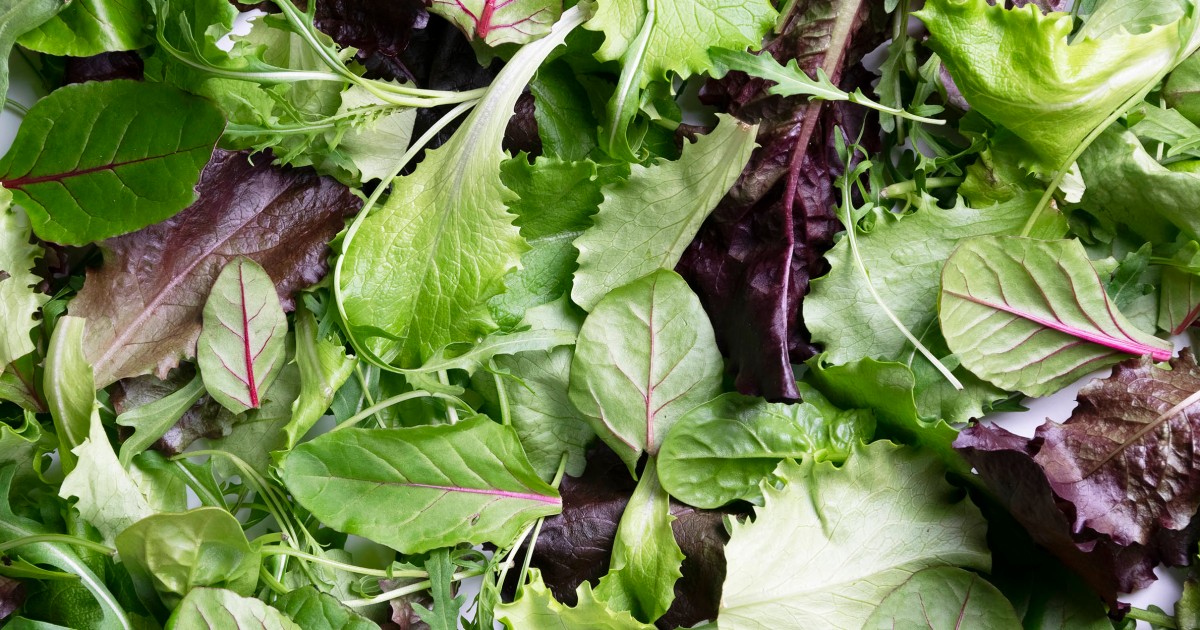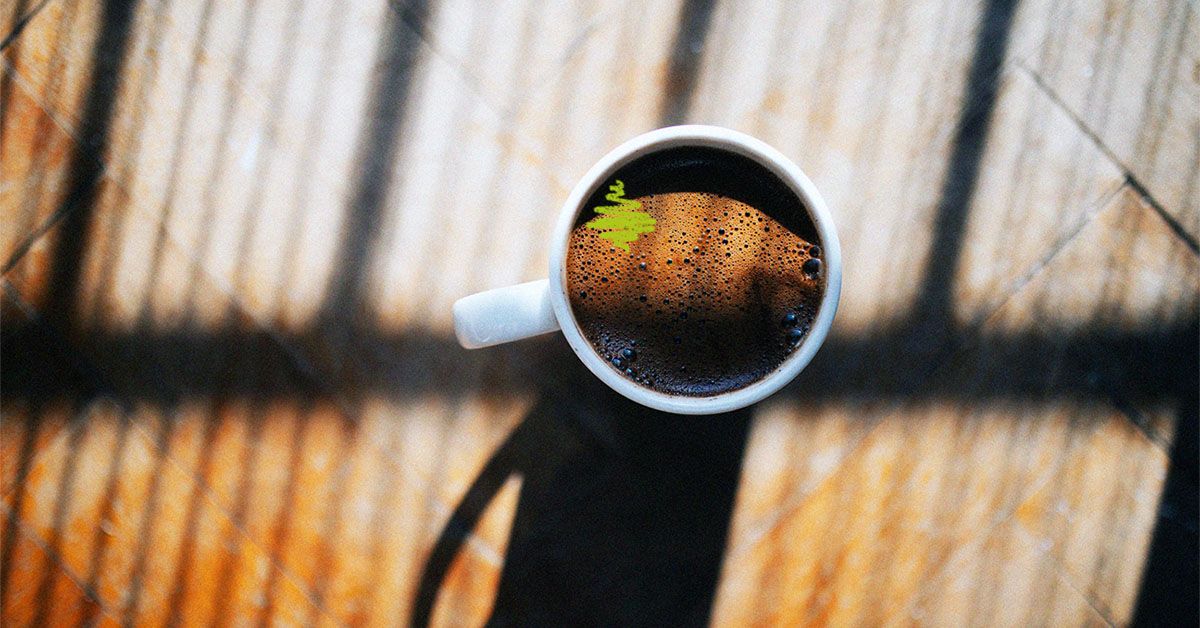Cheese doesn’t exactly have a reputation as a diet food. It’s calorie-dense and often high in fat, but there’s more to the story.
Cheese is also filling and provides protein, calcium and other nutrients, so there’s room for it in a healthy weight-loss plan, experts say.
“Yes, you can eat cheese if you are trying to lose weight, but you have to be mindful of the portion sizes,” says registered dietitian Natalie Rizzo, nutrition editor for TODAY.
“It can absolutely be part of a weight-loss plan when enjoyed in moderation,” adds Patricia Bannan, a registered dietitian in Los Angeles and author of “From Burnout to Balance.”
“Cheese, especially in small amounts, is a staple in the Mediterranean diet, which is linked to weight management and overall health.”
Feta, ricotta and parmesan are often used sparingly in the Mediterranean eating pattern to add flavor to plant-based dishes, salads or whole grains, she notes.
What’s the No. 1 healthiest cheese for weight loss?
Any cheese can be eaten for weight loss — it’s less about the variety and more about the amount you consume as well what other foods you’re eating, Bannan says.
But if the dietitians had to choose, one option was their favorite:
Cottage cheese
“My top pick for healthy cheese is low-fat 2% cottage cheese because it’s high in protein and lower in calories than other types of cheese,” Rizzo says.
“The serving size is half a cup, so it’s a significant amount, which is going to also keep you fuller versus a harder cheese or even mozzarella, which has a serving of 1 ounce,” Bannan notes.
A half a cup of 2% cottage cheese has 91 calories and about 12 grams of protein, according to the U.S. Department of Agriculture.
Protein fills you up and helps with muscle building — two elements that are important for weight loss, Rizzo adds. One serving of other cheeses typically has 5 to 7 grams of protein.
Cottage cheese is also versatile. It can top a leafy green salad, be served with fruit, blended into recipes or swapped for higher fat cheese in lasagna or other baked dishes, Bannan says.
Best cheeses for weight loss
If you don’t like cottage cheese, there are other options. Whichever you choose, Bannan advises pairing cheese with plant-based foods that provide fiber such as vegetables, whole grains or fruit to create a more balanced snack and help you feel full.
Keep in mind it’s very easy to overeat cheese so stick to the recommended serving, typically 1 ounce, which is about the size of a small pair of dice, Rizzo says. That’s usually about 100 calories.
Here are more cheese suggestions from the dietitians:
Swiss cheese
This is Rizzo’s other favorite healthy cheese for weight loss. It’s a bit higher in protein than other cheeses, with 8 grams per slice.
Mozzarella cheese stick
It has a similar nutrition profile to Swiss cheese, Rizzo notes, calling both “really good snacks for weight loss.”
Mozzarella has less sodium than cheddar, and the part-skim version provides protein and calcium with fewer calories and fat compared to full-fat cheese, Bannan notes.
Parmesan
It has more protein than many other cheeses and it’s rich in flavor, meaning you can use smaller amounts to add taste without adding too many calories, Bannan says.
“You get that umami flavor, which is very satisfying,” she notes.
Her other favorites that are so flavor-rich you can just use a little bit include sharp cheddar and blue cheese.
Ricotta
It’s another great option due to its higher protein content, “which is going to create satiety or feeling of fullness,” Bannan says.
A typical serving size of ricotta is a quarter cup.
Goat cheese
A study found goat dairy has a “slightly higher satiating effect” and “moderately higher appetite suppressor potential” than dairy made from cow milk.
Goat dairy is one of the traditional components of the Mediterranean diet, the authors note.
The research highlights a potential association between increased GLP-1 levels, which regulate appetite, and triglyceride levels after people eat goat dairy products, Bannan says.
One reason goat cheese might feel more satisfying is that some of its fatty acids are metabolized faster than those in cow milk cheese, leading to quicker satiety, she notes. Another reason is that it can be easier to digest for some people.
“Additionally, the tangy flavor and creamy texture of goat cheese can make smaller portions feel more indulgent, which might help with feelings of fullness — especially compared to milder cow’s milk cheeses,” she notes.
Read the full article here
















